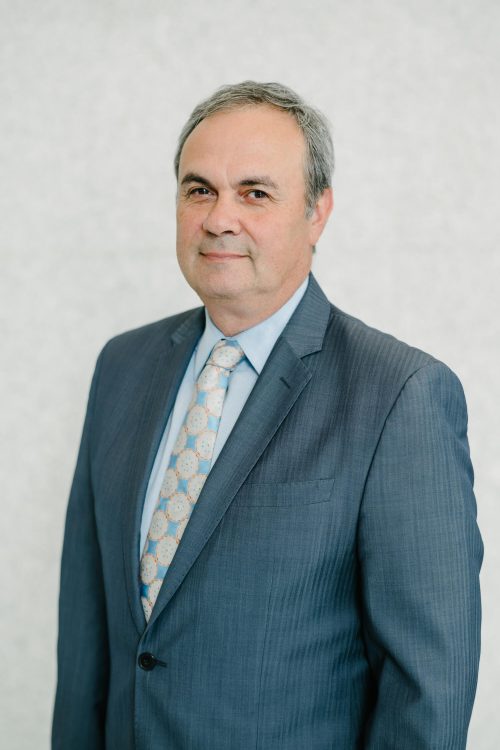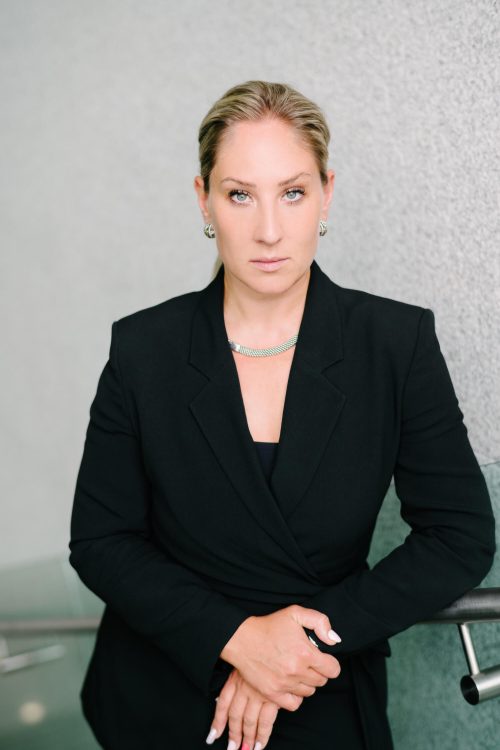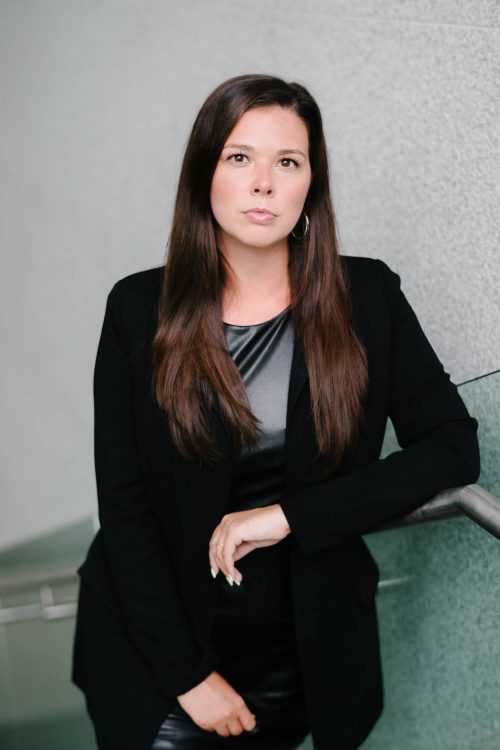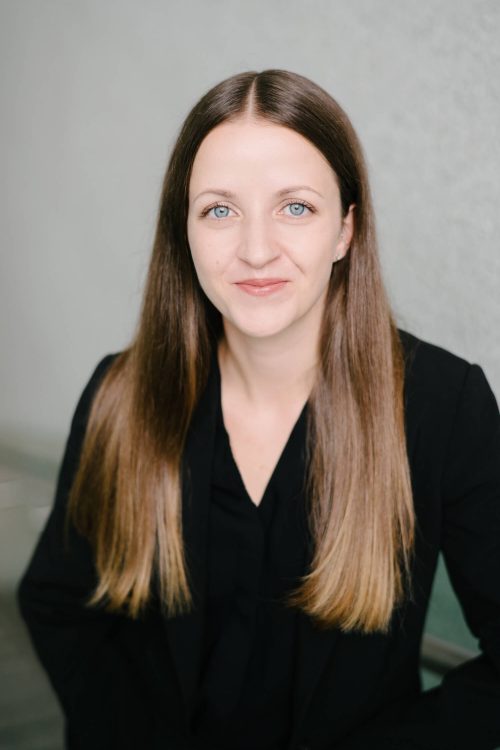Novel Science Gets Extra Scrutiny at Trial
Novel Science Gets Extra Scrutiny at Trial
Law Times; March 14, 2005
By: Nora Bock
Information is tiring, over-abundant, and assails us from all directions. Good lawyers learn early that, as with any commodity, appropriate choices need to be made in consuming information. Not all of what is on offer is relevant, necessary, or even trustworthy. Some may even be dangerous.
While he won’t call it a trend toward the more rigorous exclusion of expert evidence in recent years, Blake Cassels & Graydon LLP’s William Horton says “while tactical considerations limit how often counsel will actually move to exclude this kind of evidence, admissibility is definitely being talked about.” (It’s also being written about: Horton and Michael Mercer produced a detailed analysis in a 2004 issue of The
Advocate’s Quarterly, “The Use of Expert Witness Evidence in Civil Cases”). In the Supreme Court of Canada’s seminal 1994 case R. v. Mohan, still the starting point for modern analysis of admissibility of expert evidence, the court warned of the power of such evidence when mishandled, to hijack the reasoned administration of justice.
“Dressed up in scientific language which the jury does not easily understand and submitted through a witness of impressive antecedents, this evidence is apt to be accepted by the jury as being virtually infallible and as having more weight than it deserves.”
And juries need not be singled out. In a 1998 article, Professor David Paciocco warned of the capacity of sophisticated expert evidence to overwhelm counsel by pulling them beyond their expertise.
Mohan laid down the basics, in the form of a four-part test that required evidence to be relevant; to be necessary to the jury’s understanding of the facts; to be incapable of being excluded under any other rule of evidence and to be tendered by a qualified expert.
Subsequent case law has elaborated on each part of this test. For example, the analysis of necessity of any particular piece of evidence requires a consideration of whether the evidence is reliable.
Evidence that can be characterized as “novel science” is subject to an enhanced level of scrutiny: a four-part analysis in Daubert v. Merrell Dow Pharmaceuticals, Inc., a U.S. case, has been incorporated into Canadian law as relevant to the assessment of reliability of novel science.
But these principles are merely the skeleton of a rich and developing body of law. Horton says besides necessity – the arm of the Mohan test that establishes, in effect, a cost-benefit approach to evidence – independence of experts is an area with considerable potential for judicial exploration.
Horton says the U.S. doctrine in the 1993 Ikarian Reefer case, discussed in his article, “has now been incorporated into Canadian jurisprudence,” and the strict view of an expert witness’ role as that of a neutral, and never an advocate, continues to be asserted and refined.
Horton notes tactical reasons often prevent counsel from challenging expert evidence: “You have to incur the expense of preparing responding evidence, regardless of your chances of success in excluding the other side’s expert.” In addition, if you’re a defendant moving to have a plaintiff’s evidence excluded, the judge gets to read the impugned plaintiff’s evidence for the purpose of the admissibility decision. “If you’re successful in excluding it, your own expert never gets read.”
For these reasons, says Horton, “you tend to see most of the motions to exclude being brought in the area of novel science.” Criminal defence counsel Edward Prutschi represented a defendant in a recent child-abuse case. He sought to rely on expert evidence relating to a novel diagnosis and argues that courts should be careful when performing a cost-benefit analysis not to overlook the potential of “novel science” evidence to put other, more traditional evidence, in proper perspective.
Prutschi believes that judges underestimate jurors’ ability to synthesize new information.
“Our judiciary gives juries a tremendous amount of credit when it comes to understanding limiting instructions on very complicated legal issues – for example, when we ask a jury to use a criminal record only for the purposes of credibility, and not purposes of disposition. Yet, when it comes to the introduction of novel science, the judiciary often seems to take the position that this evidence is so distracting that the jury cannot be trusted with it.”
He questions why the courts can’t simply allow the jury members to make their own determination as to weight. However, Cara Sweeney, the Crown in the same case, says there’s a difference between a doubt and a reasonable doubt. “It was just bad science,” said Sweeney, of the bone-defect theory at issue in the child-abuse case.
But Prutschi argues that conflicting evidence has value as a stimulus for independent reasoning. “Doctors aren’t always right. That’s why we have second opinions. It’s my responsibility, as counsel, — and theirs, as jury members – not to substitute one doctor’s opinion for our own reasoned decision on guilt or innocence.”
Discharging that responsibility, in Prutschi’s opinion, requires exposure to alternate opinions. Sweeney counters that the Mohan criteria represent a more responsible approach to evidence, and are designed to avoid a miscarriage of justice. “In a case like this,” said Sweeney, “[an acquittal on inappropriate evidence] exposes an abused child to potentially being returned to the parent.” Clearly, courts are not willing to leave the task of weighing evidence entirely up to the jury. Especially where novel science evidence relates to a central issue in the case – a situation characterized in the 2000 Supreme Court of Canada decision R. v. J.-L.J. as “a short step to the conclusion on the ultimate issue of guilt or innocence” – it will be handles restrictively.
If you need representation after being charged with a criminal offence, call a Toronto Criminal Lawyer from Bytensky Prutschi Shikhman located in Toronto, Ontario. Our criminal lawyers are available 24/7 to talk to you.
Don't Let A Criminal Charge Destroy Your Life
Get 1 Hour Consultation!
Register with us to schedule a free consultation
Our Criminal Defence Lawyers

Boris Bytensky LL.B

Sonya Shikhman LL.B

Brittany Smith J.D.


